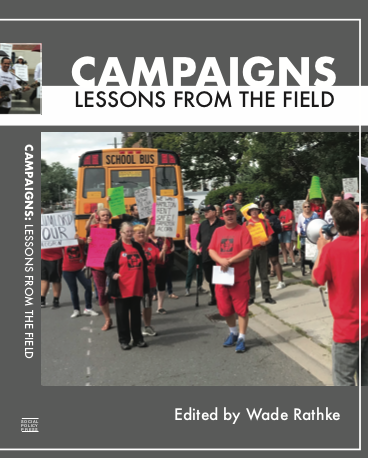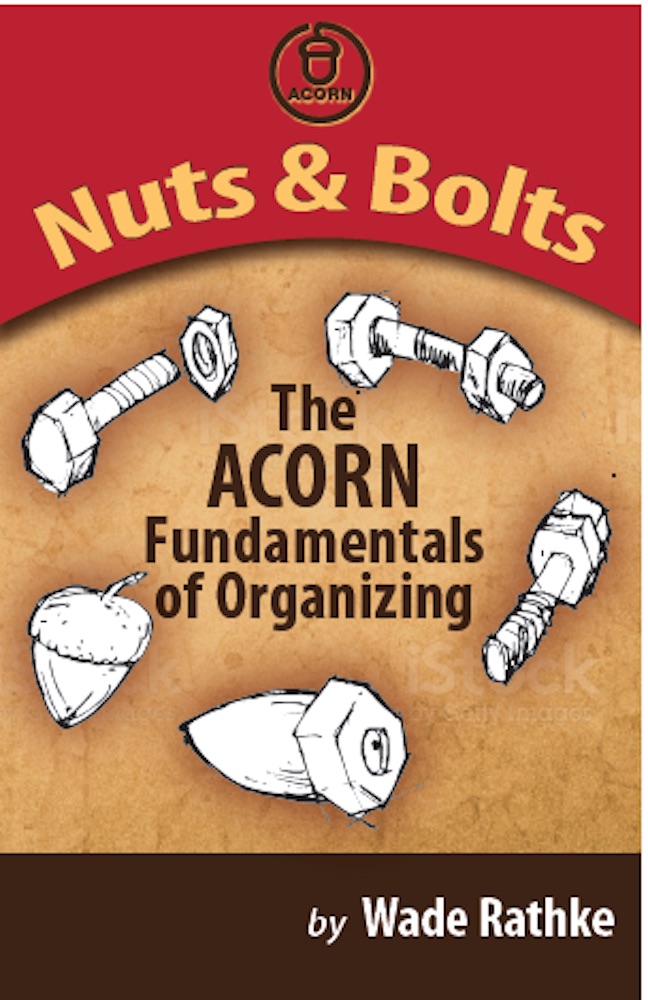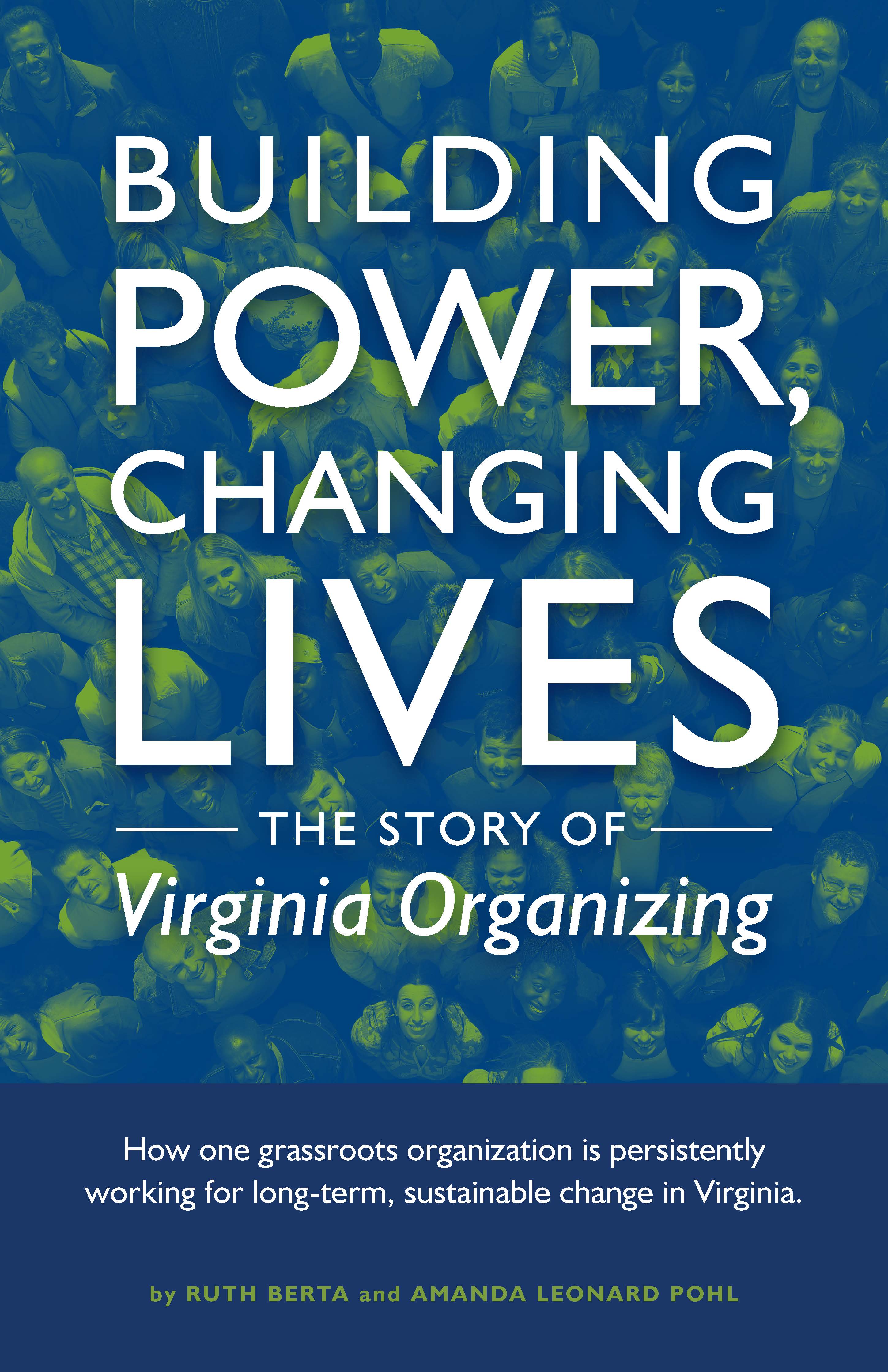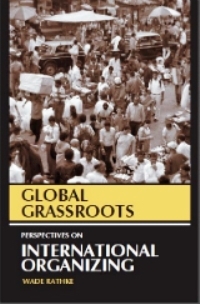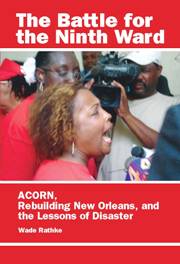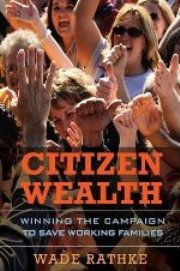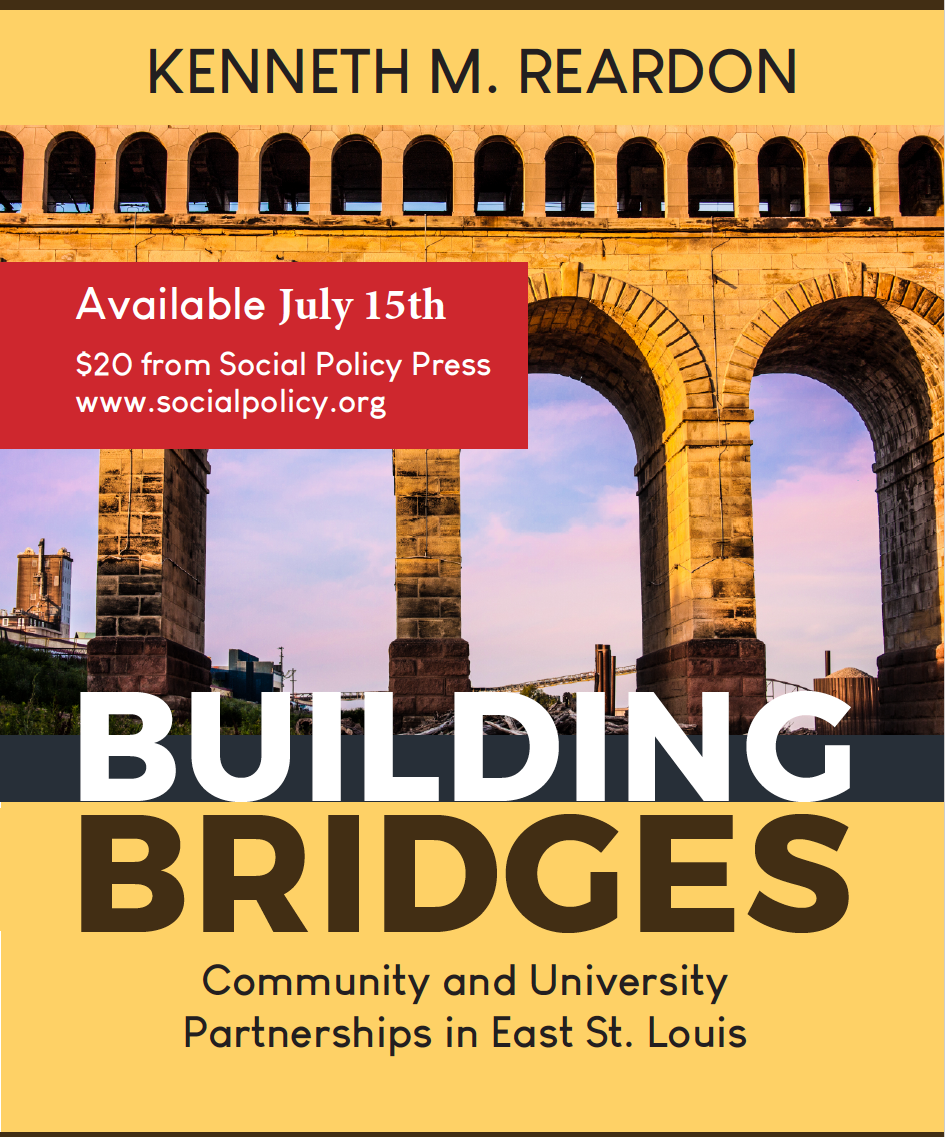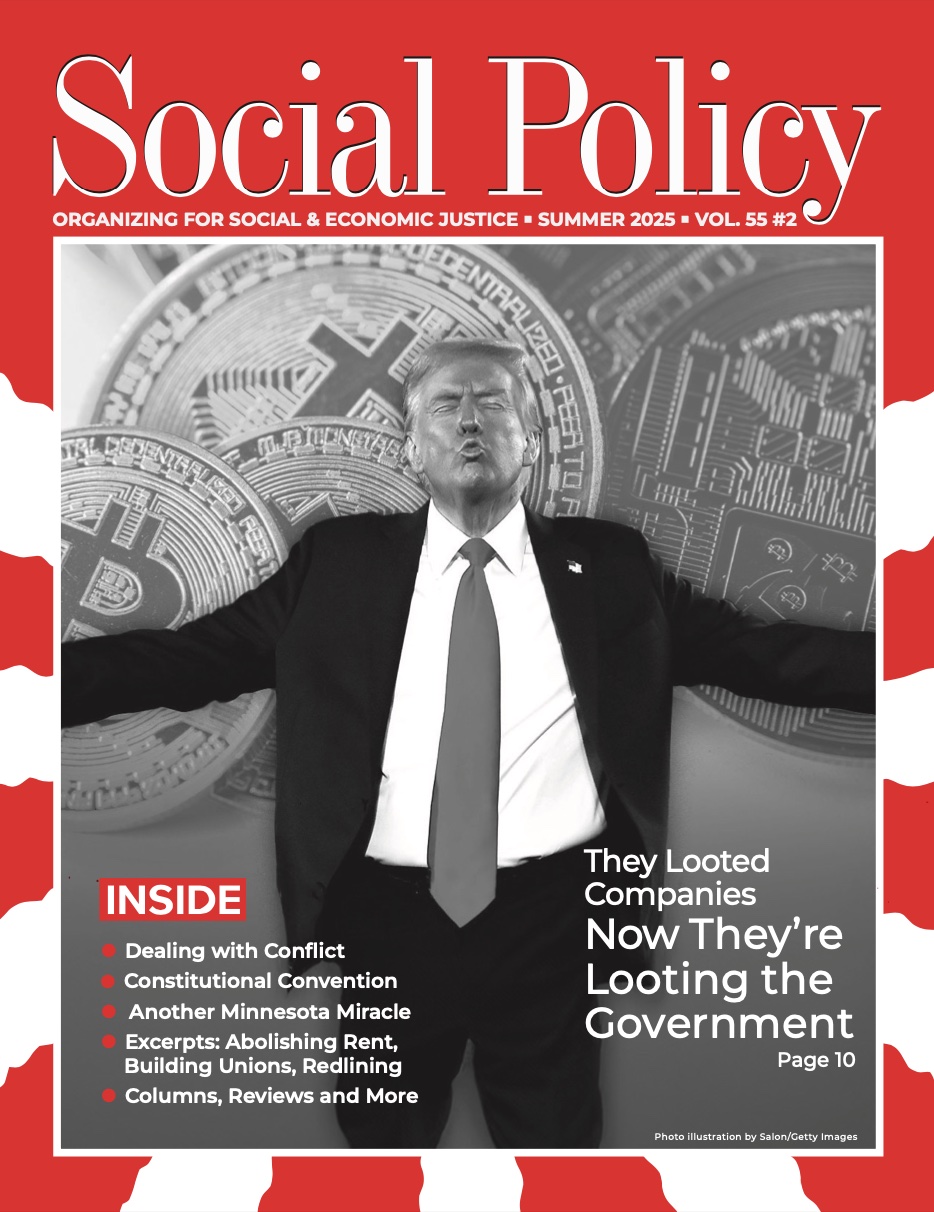MONEY MATTERS - A Lesson from the Civil War
Written by Drummond Pike
I usually write about money issues – taxes, economic policy, the outrages of our billionaires, or perhaps the terrible business consequences of a draconian immigration policy. What follows, though, is a reach for me: trying to draw from history some understanding of what our current political brawl portends.
The period leading up to the Civil War saw a level of political rancor with few parallels in American politics as a fledgling nation struggled with the irreconcilable argument between the Declaration of Independence (“…all men are created equal”) and the Constitutionally-embedded compromise that permitted chattel slavery to continue in the Southern States. There was absolutely an economic dimension to the conflict as the cotton industry flourished with slavery, generating extraordinary wealth for those engaged in its practice. But the abolitionists argued their case from a moral, Christianity-based position.
John Meacham’s biography of Abraham Lincoln, And There Was Light, is a deep, thought-provoking book for many reasons, but to read it in the current moment as we witness perhaps the most mean-spirited, one-sided politics in memory is dismaying at best. He writes extensively about the deep moral struggle Lincoln endured as he wrestled with his own evolving embrace of abolition over many years and the imperative of the Presidency to preserve the Union for all Americans. Ultimately, he would decide this included the enslaved and that emancipation was the only course.
The 1857 Dred Scott case brought this social conflict to a head when the Supreme Court in an early instance of “judicial activism” held that a slave brought to the North could not claim freedom even though state laws forbade the practice, thus essentially once again legalizing the practice throughout the country. Moreover, they declared persons of African descent could not be considered “citizens,” thus dismantling the delicate Missouri Compromise. It is not hard to see how this morally repugnant decision not only led to the South seceding, but to the embedding of racism into the popular consciousness that continues its poisonous effects to this day. Those rationalizing slavery depended on the absurd idea that Africans were a kind of inferior, less-than-human species. They were “other” and undeserving of respect or any sense of equality. This is the subtext of the current craze of “anti-DEI” politics so remarkably embraced by MAGA to dismantle social progress.
Southern states decided on secession, as Northern abolitionists sought to make expanding areas of the country in the West free of the practice. We know the rest. It was a horrible and deadly conflict that killed more soldiers than both WWI and WWII combined, and its scars still show. It took 90 years for schools to be desegregated and 100 years before the Civil Rights Act passed, so the social architecture of prejudice rooted deeply. A large segment of the American electorate is easily convinced that some version of “they” have caused social ills. This time around, the “they” is the immigrant population which under Fox/MAGA tutelage has quickly leaped from the undocumented to anyone other than native born. And now, of course, the attack is shifting to removing “birthright” citizenship with lord knows what potential impacts. ICE Barbie is now suggesting that a birth certificate may be insufficient to claim citizenship. But what has to be even more disturbing is the idea that political differences trump any sense of collective destiny. One had become used to the idea that, once elected, presidents assert that they represent ALL the people, and they will govern accordingly. Not so, our current guy. He declares his narrow victory was some kind of FDR-type mandate, so why even talk to the other side. He seems to want to deepen difference and eschew anything that looks like compromise. Unity is for suckers.
160 years ago, as he sought to structure a post-Civil War America, Lincoln placed enormous value in bridging the seemingly intractable divide. He never stopped talking to members of his own party who advocated for compromise with the South and who were willing to let slavery continue in the interest of ending the war. He met and debated with them often, and even met with delegations from the Confederacy seeking an end to the carnage. But in the end, he laid down the central tenet of a future peace: emancipation. This crystalized in the remarkably brief Gettysburg Address, one of the greatest speeches in American history. When faced with a primary challenge within his Republican party as they tumbled into the 1864 election, Lincoln held to his iron-fast commitment to emancipation as fellow Republican McClellan proposed letting slavery continue as a way to end the carnage. Meacham captures Lincoln’s understanding that he might very well lose the nomination, but he did not retreat.
It is not unreasonable, I think, to see the current struggle over undocumented immigrants as a similar, even related, thread of social thought. We’ll set aside the connection between how 19th century cotton production depended on an enslaved workforce and how much of our current American economy is fueled by exploited immigrants willing to work for less while paying taxes to support benefits they’ll never see. But we should never allow ourselves the illusion that the immigration wars are unrelated to the access to cheap labor. The more we terrify the large population of those without papers, the more willing they will be to work for peanuts. Stephen Miller may live in some bizarre fantasy world where sons and daughters of laboring parents are anxious to bus tables, pick fruits, or change diapers in nursing homes for a living, but it’s not the way most view today’s America. MAGA decries immigration as a scourge, but, as we saw with Sen Lankford’s bill, they prefer to keep hate alive than to fix or reform the system.
DJT ran for office in a deeply divided country. Whether it was as divided as the US in 1860 is a question for others, but the similarities are strong. As was true then, America is a troubled place with an uncertain future, and many see themselves as the victim of forces they cannot control. Wage stagnation, the decline of unions, the fraying capacities of government, the globalization of supply chains, and the frightening impacts of climate change are widely felt with rising alienation. And like pre-Civil War political discourse, debate has devolved into more pejorative insults than practical solutions exchanged. It is virtually impossible to imagine the current president seriously reading, much less quoting, Lincoln’s Gettysburg Address, especially the eighth and final sentence:
It is rather for us to be here dedicated to the great task remaining before us—that from these honored dead we take increased devotion to that cause for which they gave the last full measure of devotion—that we here highly resolve that these dead shall not have died in vain—that this nation, under God, shall have a new birth of freedom—and that government of the people, by the people, for the people, shall not perish from the earth.


